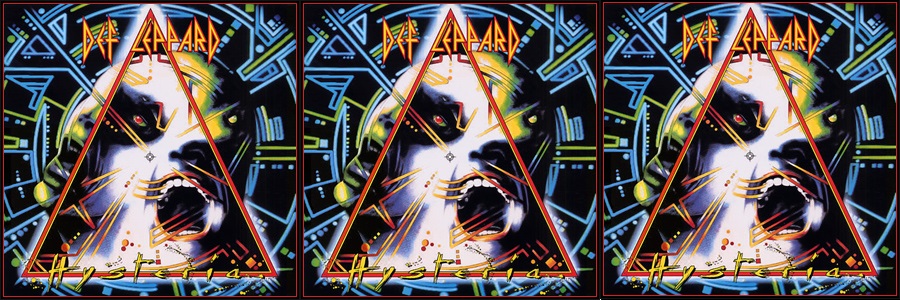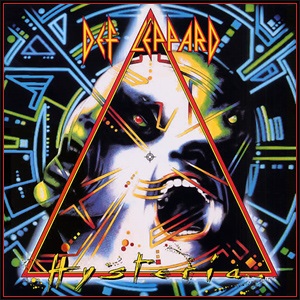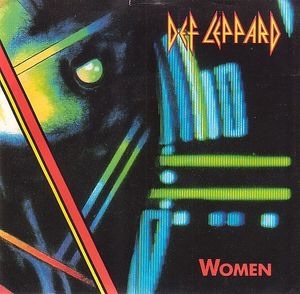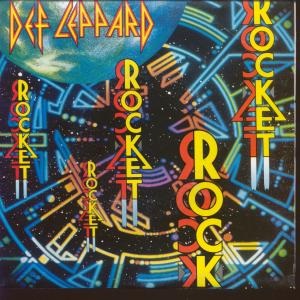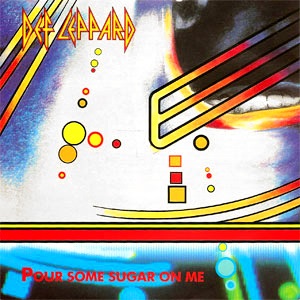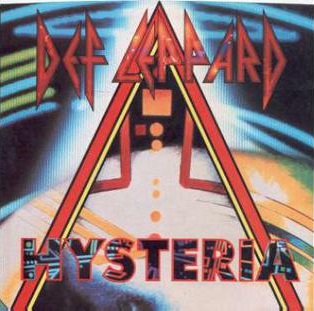In opening a new year with the Matt Lynn Digital blog, we begin musically by reviewing an album released on this date, January 4th, 1972 per All Music. The English progressive rock Yes released the album Fragile with members Jon Anderson of Accrington, Lancashire, Chris Squire of Wembley, Middlesex, Steve Howe of London, Rick Wakeman of London and Bill Bruford of Sevenoaks, Kent, which we look into today.

The opening song for Fragile was Roundabout, which as stated here proved to be a “breakthrough hit and one of their most well-known songs, but the band wasn’t looking for a hit at the time.” The keyboard as played by Rick Wakeman and the acoustic guitar play of Steve Howe to begin the song are both really strong and pronounced with this song.

The song Cans and Brahms proved a bit of the point above that Yes was looking to establish their sound as a band. The instrumental here experiments quite clearly, with Wakeman having done the arrangement. As quoted here, Wakeman said the music as presented “was dreadful, but contractual hangups prevented me from writing an original solo track.”

We Have Heaven presents multiple vocal layers while seemingly expressing a psychedelic trip with their sound. Jon Anderson wrote the piece. As mentioned here, the lyrics in play were “Tell the moon don’t tell the marcher … He is clear … We have heaven”.
South Side of the Sky included liner notes in a remastered version that are quoted here. “The liner notes to the remastered edition of Fragile [described] the song as about a tragic polar expedition that ends in death.”
The instrumental Five Per Cent for Nothing comes in at 35-seconds long. Drummer Bill Bruford was the driving force for this song, which features his play.

Long Distance Runaround was written by Jon Anderson. Anderson was quoted here as saying the song was about “how religion had seemed to confuse me totally. It was such a game that seemed to be played, and I was going around in circles looking for the sound of reality, the sound of God.”

Chris Squire wrote Fish (Schindleria Praematurus). “The title comes from Chris Squire‘s nickname: he was dubbed “the fish” because of his tendency to take long baths. He also happens to be a Pisces,” as indicated here.

Mood for a Day was written by Steve Howe. In discussing the writing of the song here, Howe mentioned that he “had settled down and just started new roots in [his] life and ‘Mood For A Day‘ was supposed to represent a happy mood for a day. I was about 28 when I realized there should be something more in my life than just the guitar.”

Written by Jon Anderson, Bill Bruford and Chris Squire, Heart of the Sunrise fills approximately half of the second side of the Fragile album. In speaking of the philosophy underpinning this song and the album, Anderson was quoted here as saying that one “of the things that was always important for Yes was to create music for the stage to perform, not to make a record.” It was from that perspective that the lead singer for yes mentioned this song made him proud.
Matt – Wednesday, January 4, 2023

